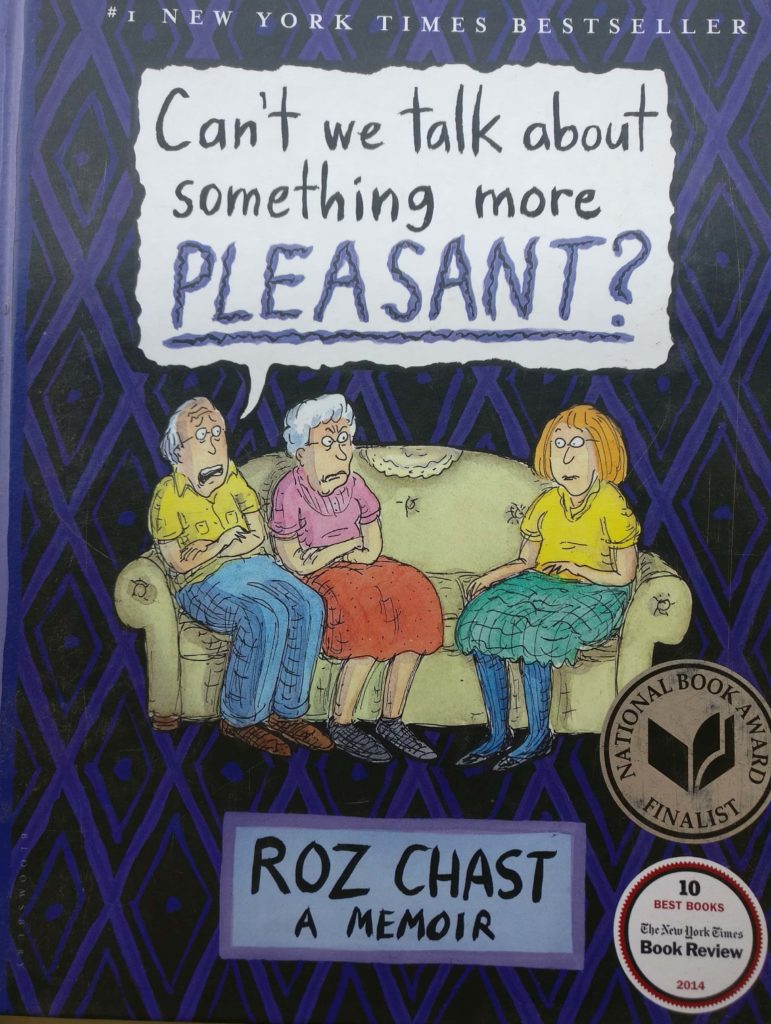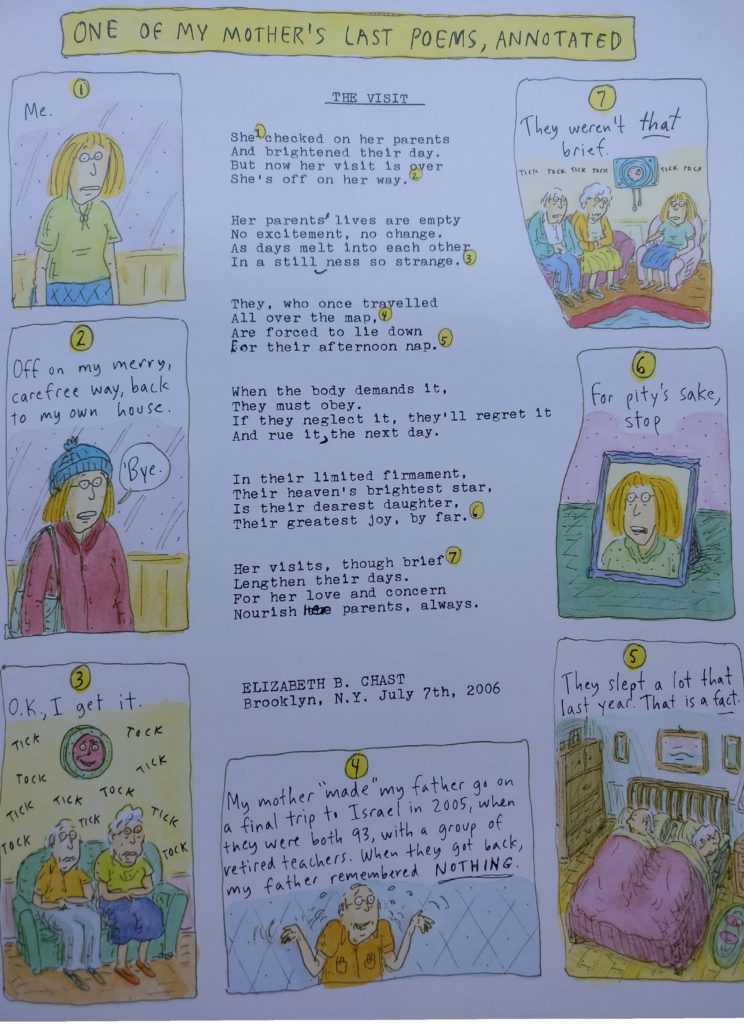(A short story, first published in Kitaab on 4th February 2023)
https://kitaab.org/2023/02/04/short-story-life-in-death-by-jyoti-kiran-pisipati/
He bent over her face to dab a little more foundation. His fingers glided over her eyebrows, moving nimbly past her eyes down her left temple, adjusting the shade to the hue of her skin. He applied the powder over it, brushing away the extra dust. The formaldehyde has done its work, giving ‘life’ to her sallow face. A little bit of lip colour, and she is ready for the viewing in the afternoon. He stopped for a moment to assess his handiwork and contented, he let out a long sigh. Dressing the body requires patience and a lot of respect for the person in front of him. The body is not soulless but one which is in eternal sleep, ready to awaken in the nether world.
Anthony finally stood up and stretched his legs after two hours of solitary work. Whatever the accident has caused to her face could hardly be seen now. The skin on the side of her face turned dark almost instantly after the mishap. Cleo will be heartbroken to see her like this. He has to conceal the skin as well as he can.
Francisca Gracias E Branganza, her name read on the obituary that he put in O Heraldo that morning.
Anthony thought of his own mother; she would have been 90 if she was alive today. She died of TB when he was too young to remember her. Belonging to a banjāran community in Karnataka, Anthony’s fore-fathers were nomads, constantly on the move looking for greener pastures for their cattle. They adopted Roman Catholic Church when a father visited their village three generations back. He gave them a place to live, provided education and most importantly, gave them the dignity of life. The story was narrated to the children by the elders in the family and Anthony felt proud of his lineage. His family was hardworking and well-respected in their community. He dreamed of having his name in this world too one day and he came to Goa when he was just 10 years old, armed with ambition and big dreams. He helped a kashaukar Clemento Dias with digging graves and making coffins, learnt the art of embalming and as he grew older, even drove the hearse van. Treat the cadaver with respect and dignity, Clemento taught him. The day you stop feeling that, look for another job. Anthony’s perspective about life changed after this. Everyone dies one day – rich, poor, Brahmin, Christian, women, men, children, farmer, potter, executive, a minister – everyone. Life is just too precious to fight over petty things. And death is an equaliser. That’s his simple philosophy.
He looked at Francisca, once a beautiful belle of the village of Aldona, now a helpless body, a victim of fate. Anthony did not know her well but he knew the emotions of people. Francisca looked as dignified as she was when she was breathing. Anthony made sure she did. Cleo will be happy with his presentation for the family viewing.
Cleo came from Muscat last year to see his mother. He lost his job during the pandemic and struggled for a year before he found an opening in a biscuit factory. The pay was not much but enough for his basic needs and to send home to his mother. Francisca expected her son to take care of her during her last days. Though at 90 she was energetic and cooked for herself, she needed a companion. But she knew that Cleo needed his job in Muscat to pay off family debts that he could not manage staying in Goa. Guilty but helpless, Cleo convinced his mother to shift to an old-age home in Mapusa. Mrs Patricia Lola Barreto moved there too recently and you will have someone to talk to. You will probably make more friends of your age there. See, maybe you will not miss me after all. So saying, Cleo pushed away any traces of guilt and went back to Muscat. At least he would not feel worried that his mother was alone in that huge ancestral house in Aldona.
***
Francisca was not very fond of Patricia. She talked too much and asked too many questions about Cleo. Is he seeing someone in Muscat? Hasn’t he turned 40 this year? Doesn’t he want to get married and have children of his own? Money is not everything, family is important too. Francisca did not have answers to such probing questions. Even if she had, she was not keen on sharing them with this old hag! Why doesn’t she leave her alone and think about her daughter who has been eating off her mother’s property? She could have studied further and fetched herself a job rather than running behind young boys in the locality. The gall she has flirting with Pedro who is married and has children of his own! But Francisca was a quiet woman and ageing has turned in her favour, leaving her auditory senses to her discretion.
After her rosary every day Francisca walked in the garden. She missed her house in Aldona and the rose bush she prided over. Braganza House was an eyesore to her friends who did not have gardens like hers. What did Kashilkar say to her husband one day? If ever you want to sell your property, first let me know. Like they are ever going to leave the place and go anywhere else! This is Cleo’s property. No Kashilkar, Mashelkar, Gonsalves or Pereira is going to stay here. She missed Cleo, her son, but she also knew that it was not his fault that he was taken to foreign shores.
Francisca walked around the garden that day for some time, keeping to the concrete path among the trees. The warmth of the mid-morning sun made her sleepy. A brief nap before the lunch gong is what she required. She hobbled back into her dorm across the corridor, past Fiona’s bed. The maid who cleaned the dorm must have left the bucket of phenyl water in her path. Before she realised its presence, she tumbled the bucket over, slipped in the water and hit her temple against the corner of Fiona’s bed.
And she blacked out.
***
Anthony worked through the night to finish the coffin. Teakwood coffins are custom-made as very few could afford them. Cleo insisted on a teakwood coffin for the funeral. Reparation for his absence during his mother’s last days? Here, take this and get the best make-up kit that money can buy. Don’t skimp on money. The funeral has to be grand. Cleo was beside himself when he heard the reason for his mother’s death. A freak accident! If I were there next to her, she wouldn’t have met with such a fateful end. Death is in nobody’s hands, Uncle Joe consoled him today morning. You were a good son, taking the burden of the family debt. Think about getting married now and settling down. At least you will have companionship. You can name your daughter or son after your mother.
***
Anthony heaved a sigh of relief when Govind came on time. Anthony wanted help to take the coffin to Braganza House and then to the church for the funeral mass followed by burial. There was no time to waste. They carefully lifted the body to place her in the decorated coffin. She was a petite lady, so light to carry. Govind was a quick learner like Anthony was when he was a young lad. His lean muscular body is fit to lift heavy coffins and help with digging graves. When Govind came to him for work, Anthony didn’t keep anything secret. Seeing a lifeless cadaver is not everybody’s cup of tea. Govind was taken aback when he saw a body for the first time. But he soon learnt the skills of the trade and gelled seamlessly into the routine. Anthony was proud of his tutelage.
The hearse van was cleaned and readied for the funeral. Anthony asked Govind to drive the van while he quickly washed and dressed in formals for the funeral service. Formalities should be meticulously followed. Another lesson taught by Clemento.
The evening unfolded mechanically. Anthony stood next to the coffin, making sure that the funeral proceedings went by seamlessly. Cleo was happy that the mass was well-attended – after all, the family lived there for several generations. Appropriate words were spoken of his beloved mother, tears were shed, experiences shared, Cleo’s absence was debated, and Francisca’s fateful death was analysed one last time. And finally the burial.
As the last fistful of soil sealed the traces of Francisca Gracias E Branganza on this earth, Anthony ensured that he nestled Francisca in the womb of mother earth – her last resting place before she embarked on her eternal journey.
At sunset, the hearse van briefly stopped at Joseph Café, and then headed home.


